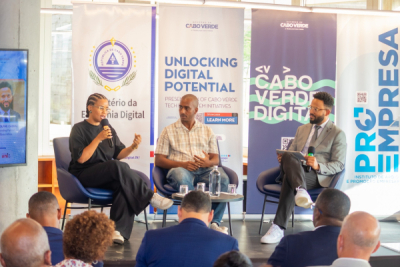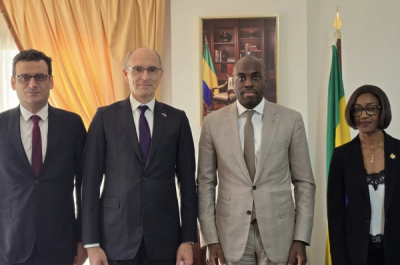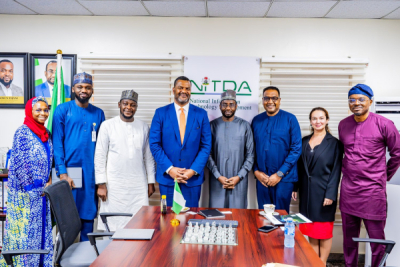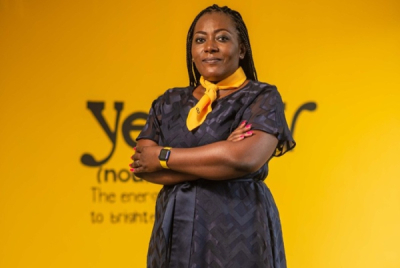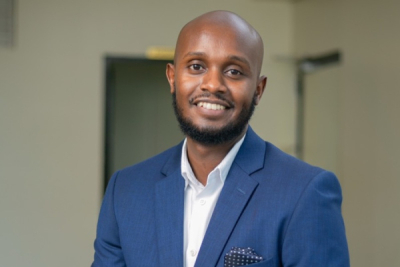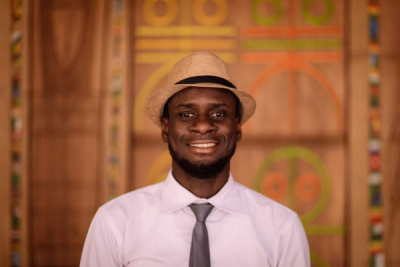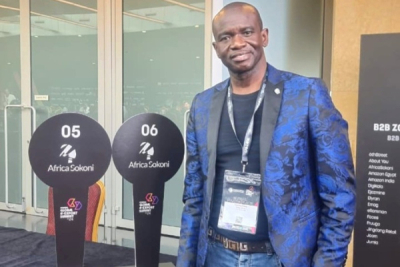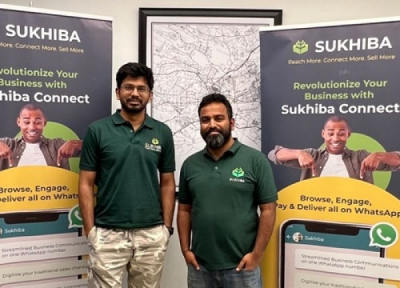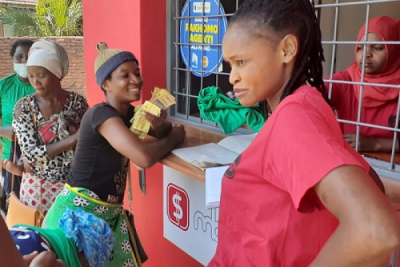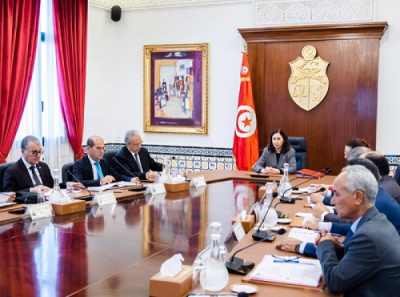Blockchain can offer new economic opportunities for young people. However, unequal access to digital skills remains a barrier for many youth, especially girls.
Bitget, a global cryptocurrency exchange, announced on Monday, June 16, a partnership with UNICEF Luxembourg. The initiative aims to train 300,000 young people in digital skills, including blockchain technology, by 2025. The program will target eight countries, including two in Africa: Morocco and South Africa.
Blockchain, a decentralized and secure digital ledger technology, enables transparent and tamper-proof data storage and transfer. While it underpins cryptocurrencies, its applications extend broadly to education, healthcare, and data management.
This three-year program will be a collaboration between Bitget Academy, the exchange's educational arm, and UNICEF’s Office of Innovation. Together, they will develop UNICEF's first interactive blockchain learning module. This module will combine online and in-person training, incorporating video games to enhance learning for both young people and educators.
The initiative specifically emphasizes empowering girls, as well as their parents and teachers, to reduce gender inequality in access to technology. It seeks to strengthen education in Science, Technology, Engineering, Arts, and Mathematics (STEAM), with the goal of reaching 1.1 million girls by 2027 through the UNICEF-led Game Changers coalition.
This project is part of the larger Game Changers coalition, which strives to close the gender gap in digital education. UNICEF reports that disparities in digital access cost young women in low- and middle-income countries up to $15 billion annually in lost economic opportunities.
By focusing on Morocco and South Africa, two nations committed to the digital transformation of their education systems, the initiative could significantly boost youth skills, particularly among girls. This effort aims to foster a new generation of digital professionals in Africa's rapidly expanding tech sector.
By Samira Njoya,
Editing by Sèna D. B. de Sodji




